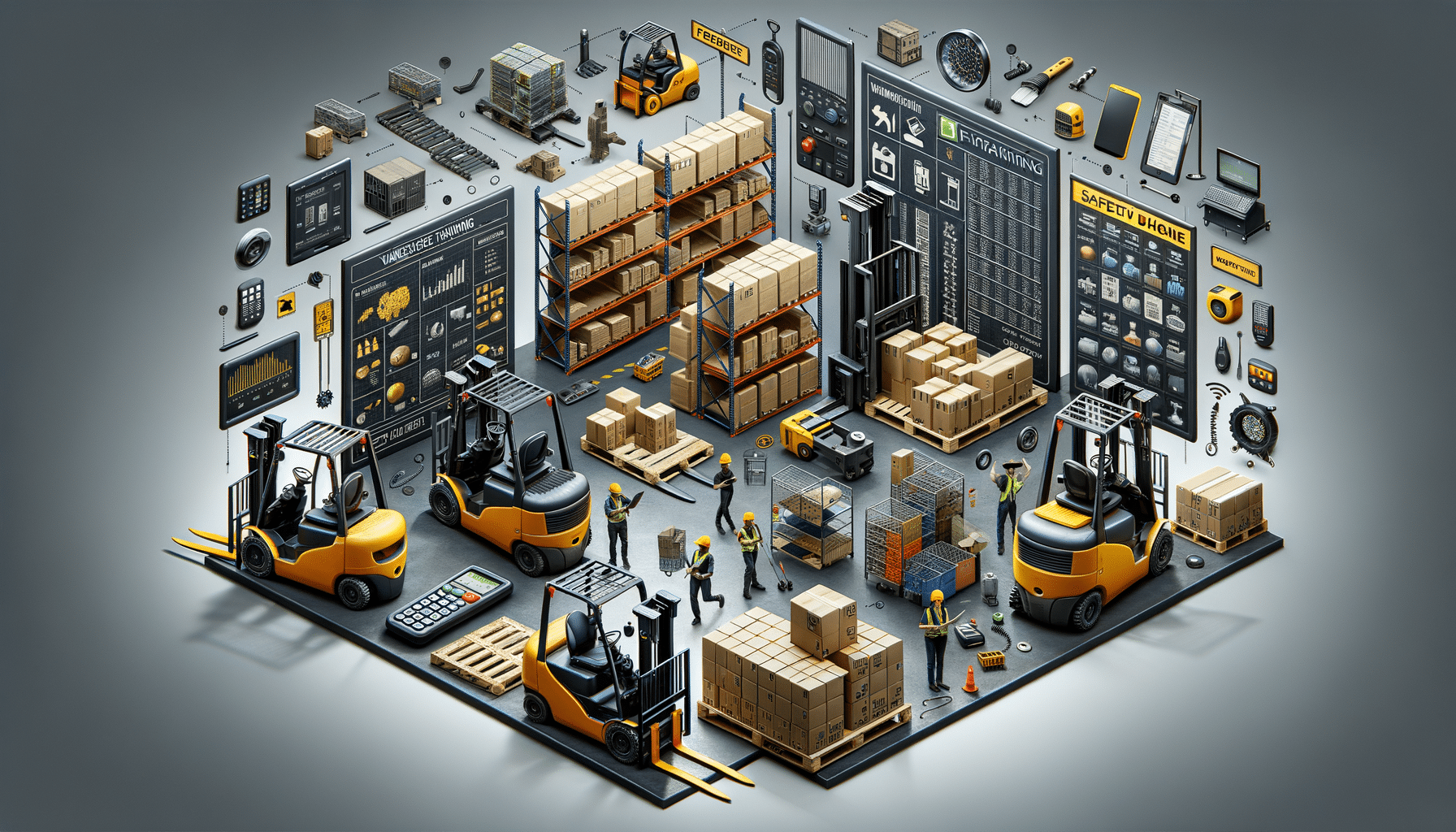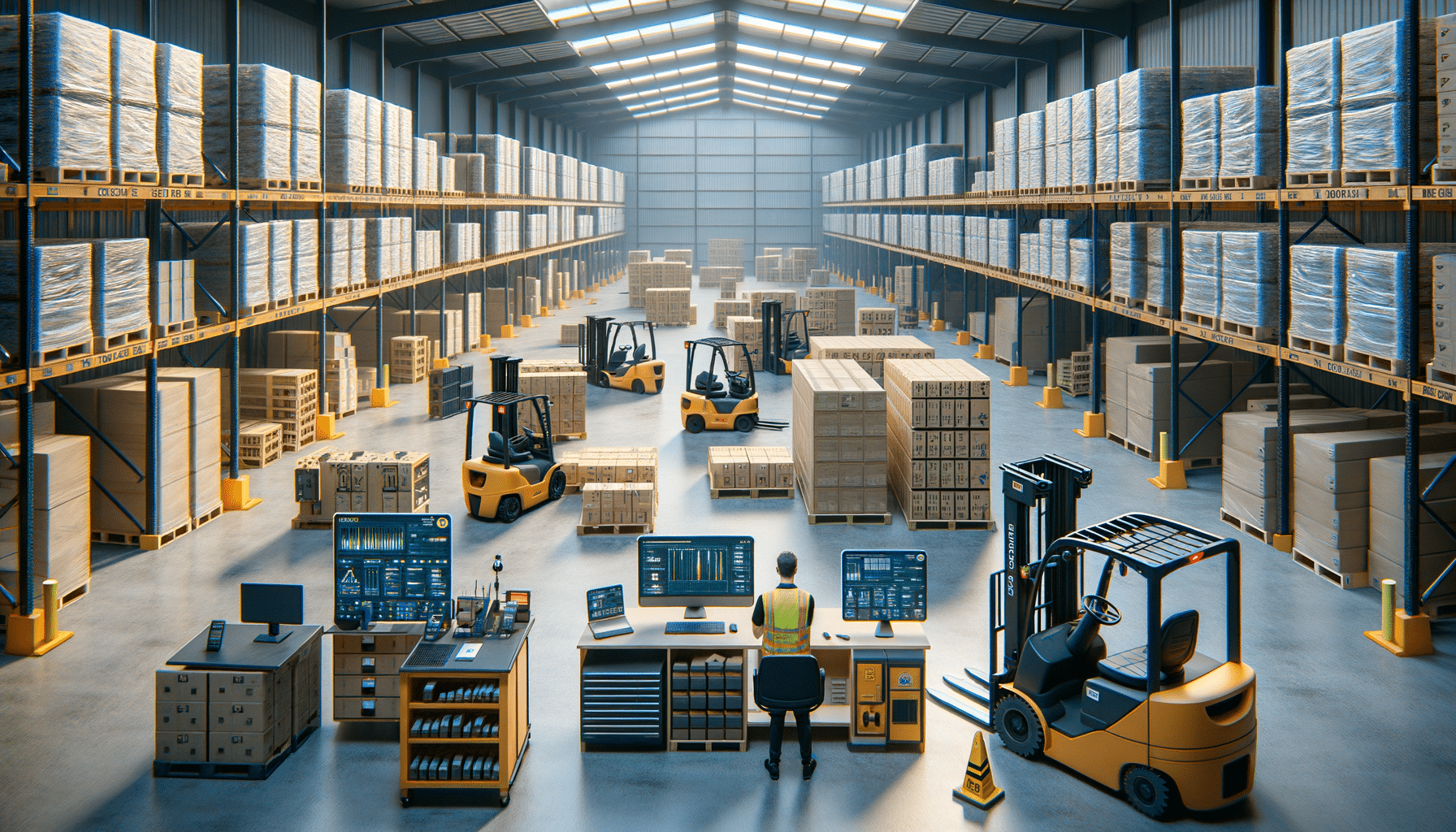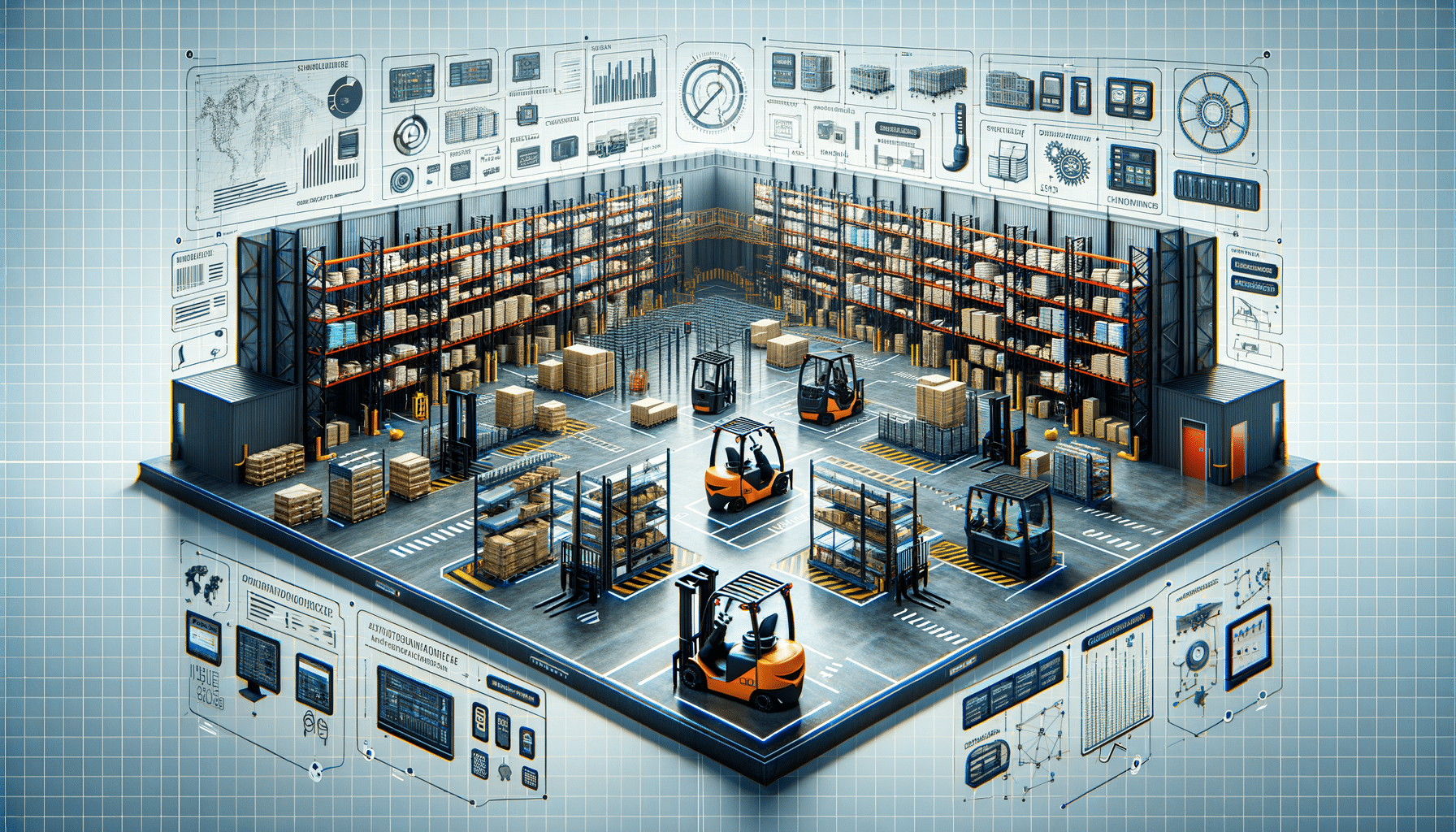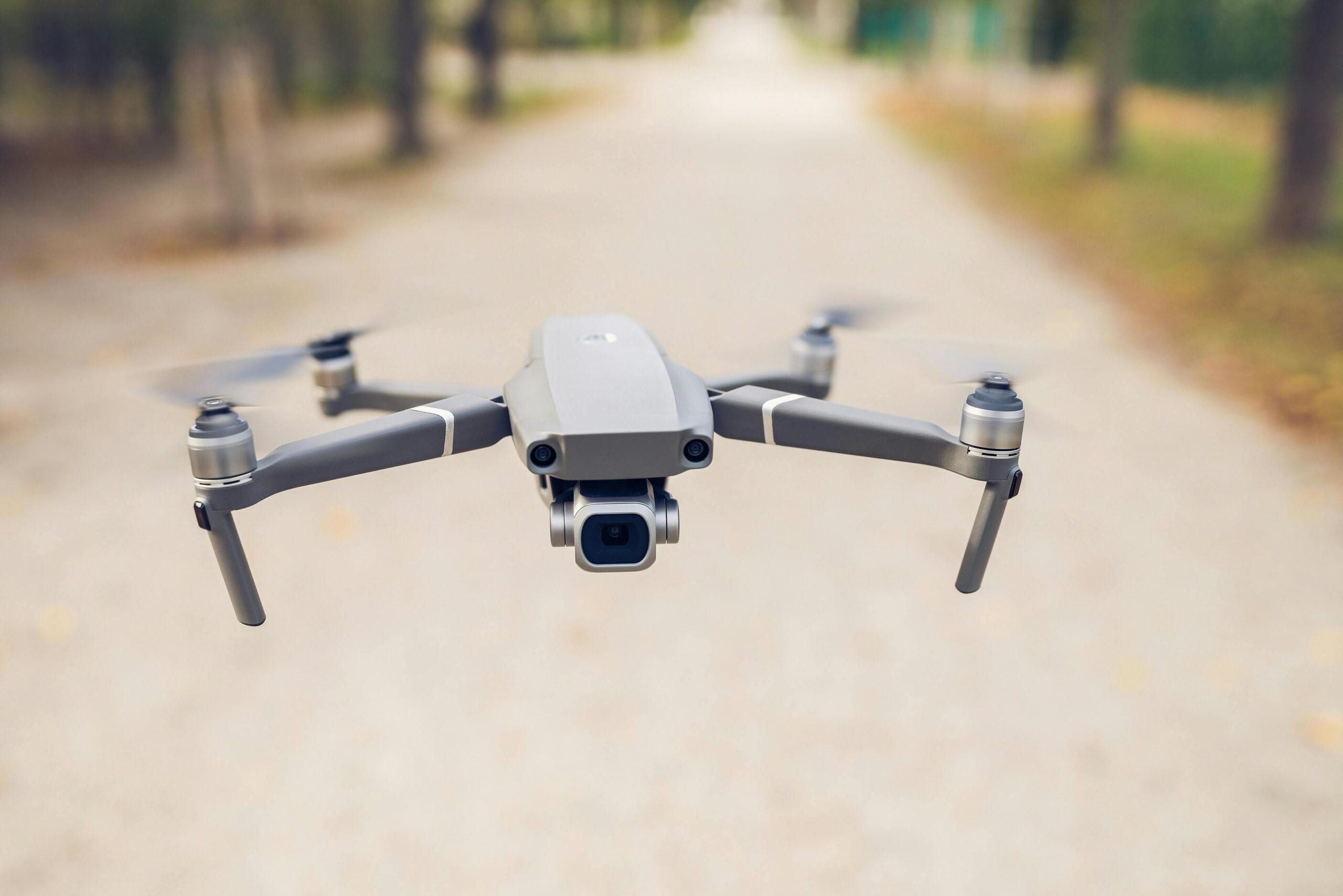
The Future of Autonomous Drones: How They’ll Change the World
Amazing advances have been made in the field of robotics in the past few years, and even more particularly in autonomous drones. These devices are completely revolutionising tons of industries and our lives. Artificial intelligence (AI) is making drones smarter and more powerful. In this article, we are going to discuss the weight of the effect autonomous drones have on diverging industries and how they are changing the world.
There are many applications and use cases for autonomous drones, from revolutionising delivery services to improving surveillance. But misunderstandings about what they can and cannot do linger. In this blog, we will epitomise the importance of AI drones, introduce a list of innovative technologies related to drones, and shed light on recent advancements in drone delivery systems.
Key Benefits / Why It Matters
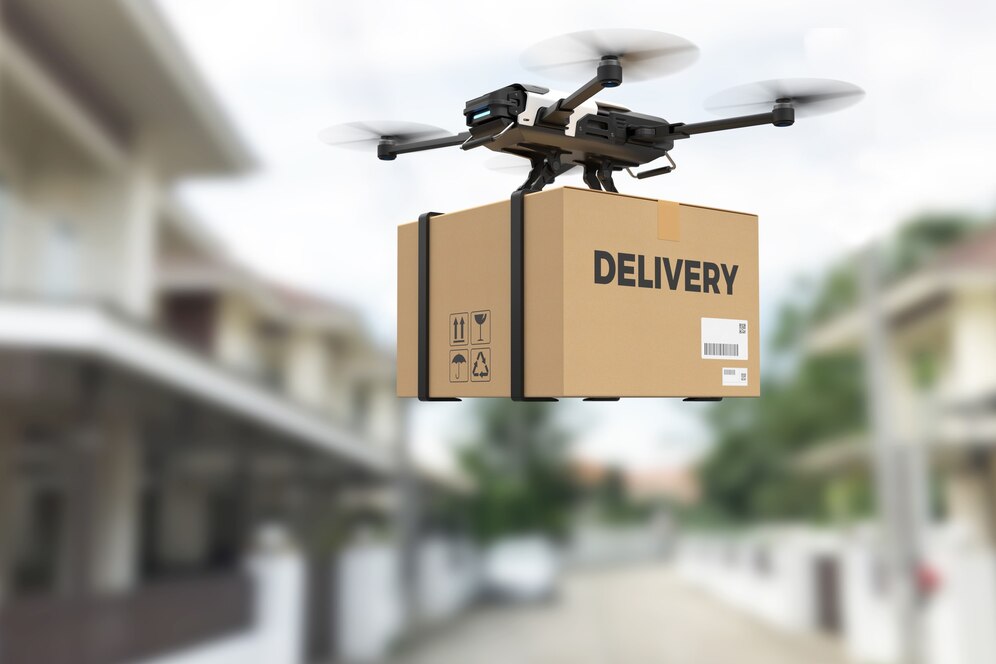
Autonomous drones aren’t just cool gadgets; they shift how we handle aerial tasks. Their ability to perform complex tasks with little human help boosts efficiency, cuts costs, and improves safety.
Revolutionising Delivery Systems
One of the most exciting uses for autonomous drones is in delivery services. Companies like Amazon and Google are heavily investing in drone fleets that can deliver packages within minutes. This could change logistics, especially in busy urban areas.
AI drones with advanced navigation can optimise delivery routes for quick and accurate service. Plus, drone deliveries can reduce carbon emissions by lessening the need for delivery trucks, helping the environment.
Enhancing Surveillance and Security
Autonomous drones are making waves in surveillance and security too. With high-resolution cameras and AI, they can monitor large areas in real-time. This data is invaluable for security teams, disaster response, and wildlife conservation.
Drones can reach remote or dangerous spots, making them vital in search and rescue missions. They provide a bird’s-eye view, helping locate missing persons and assess disaster damage, which can save lives.
Transforming Agriculture and Environmental Monitoring
The agricultural sector also benefits from autonomous drone technology. Drones with multispectral sensors can assess crop health and soil conditions. This helps farmers make better decisions and improve yields, leading to less waste and a smaller environmental footprint.
Drones are equally important for environmental monitoring. They help scientists gather data on ecosystems, track wildlife, and study climate change. By offering real-time insights, drones aid in conservation efforts.
Step-by-Step Guide / Actionable Insights
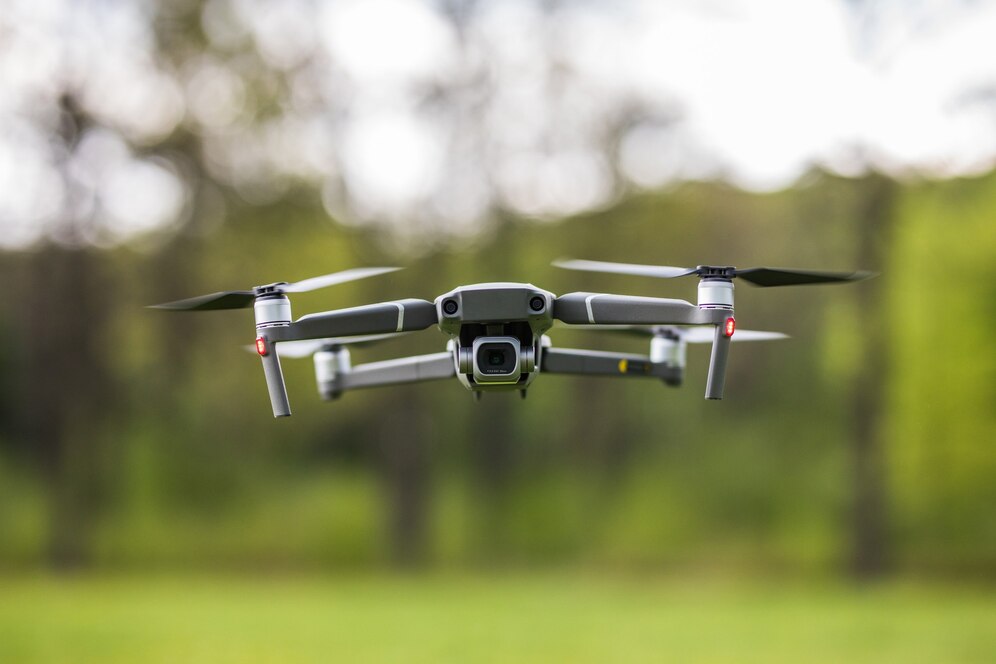
Knowing the technology and how to use it is key to harnessing the power of autonomous drones. Here’s a simple guide to help you navigate AI drones.
Choosing the Right Drone
Start by picking a drone that fits your needs. Look at flight time, payload capacity, and sensor features. Research the latest models to find one that meets your goals.
Understanding AI Integration
AI is crucial for autonomous drones’ operation. Learn about the AI algorithms used in drones, like object recognition and path planning. This knowledge will help you maximise your drone’s potential.
Implementing Drone Delivery Systems
If you’re keen on drone delivery, think about how to set up a system. This involves getting permits, creating delivery protocols, and following aviation laws. Work with experts to streamline the process.
Ensuring Safety and Compliance
Safety is vital when using drones. Familiarise yourself with local regulations and follow best practices for safe operation. Regular maintenance, software updates, and pre-flight checks are essential to prevent accidents.
Additional Expert Tips & Common Mistakes to Avoid
When working with autonomous drones, follow these best practices and avoid common mistakes.
Best Practices
- Continuous Learning: Stay updated on the latest in drone tech and AI. Attend workshops and webinars to grow your knowledge and network.
- Data Management: Manage the data from your drones effectively. Use strong storage and analysis systems to gain valuable insights.
- Collaborative Approach: Work with others, like government agencies and industry experts, to enhance your drone operations.
Common Mistakes
- Neglecting Regulations: Ignoring aviation rules can lead to legal troubles. Know the regulations in your region.
- Overlooking Maintenance: Regular maintenance is key to your drones’ performance. Skipping it can cause malfunctions.
- Ignoring Privacy Concerns: Be aware of privacy issues, especially in crowded areas, and take steps to protect individuals’ privacy.
Advanced Insights / Expert Recommendations
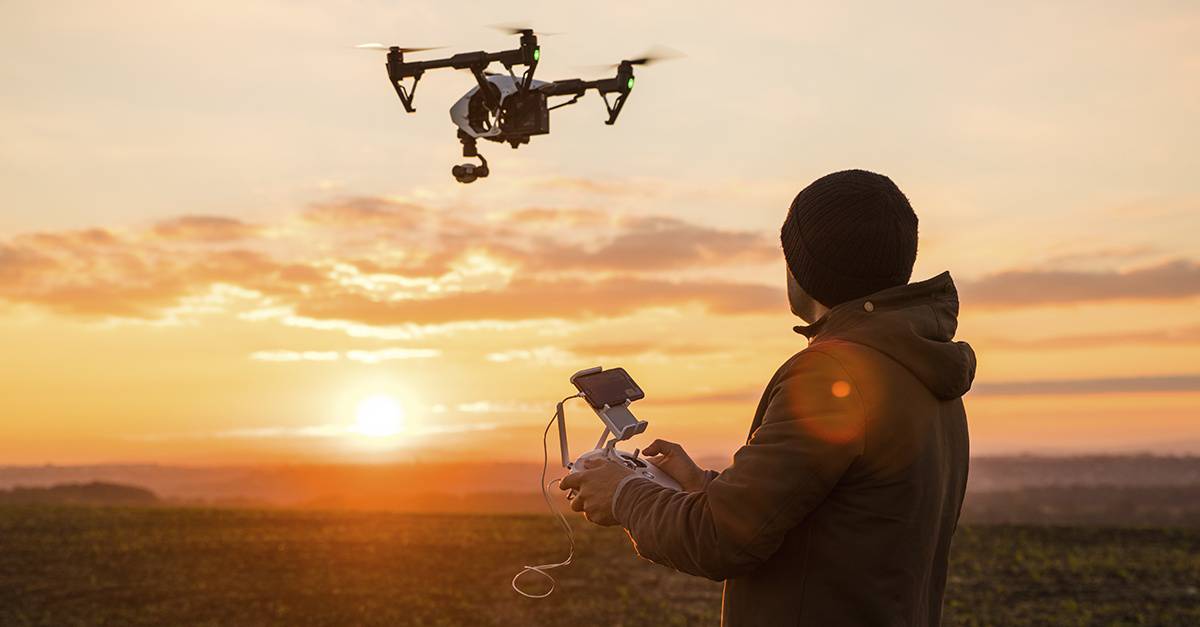
Embracing AI-Powered Analytics
AI-powered analytics is changing the game for autonomous drones. Using machine learning, drones can analyse large data sets quickly, offering insights for various tasks. This enhances decision-making for deliveries and environmental monitoring.
Exploring New Frontiers
The future of autonomous drones goes beyond Earth. Researchers are investigating their use in space exploration, such as mapping planets and identifying resources. As technology advances, drone possibilities are limitless.
Autonomous Drones: Promising Future
The Future of Autonomous Drones: These flying machines are set to change the world. They will provide more efficient delivery systems and better environmental monitoring to tackle climate change.
As we integrate and get used to this technology, we must be aware and responsible. With proper planning and deploying best practices, the full potential of AI-powered autonomous drones is very much realisable.
Are you prepared to discover what drones are capable of? Join the conversation and share your opinions on how drones can improve the world.
